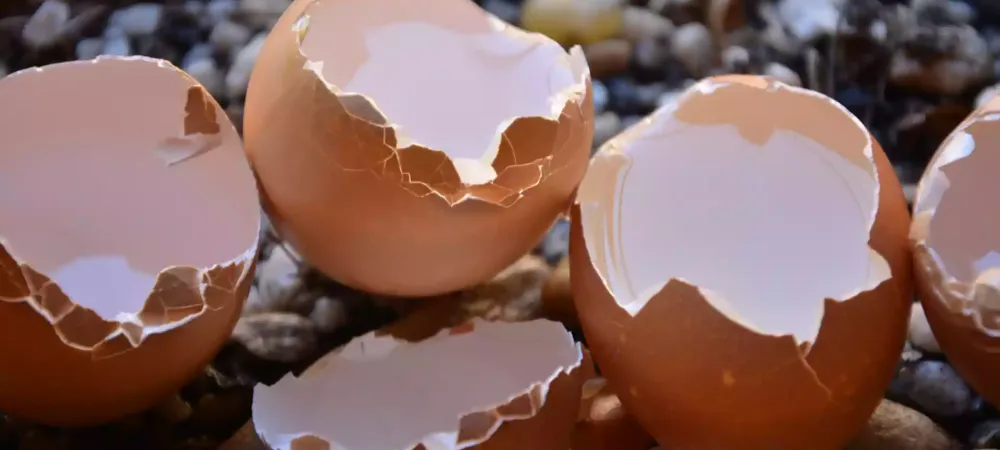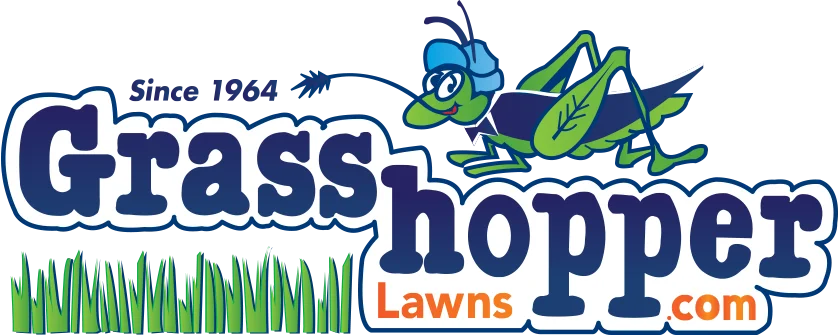What Do Eggshells Do For a Garden?

Eggshells may seem like kitchen waste, but they offer real benefits for your garden. From enriching compost and boosting soil health to naturally deterring pests, eggshells are an easy, eco-friendly way to support stronger, healthier plants.
Can You Compost Eggshells?
Yes, you absolutely can compost eggshells—and you should! Adding eggshells to your compost pile enriches it with calcium, an essential nutrient that helps plants build strong cell walls. Without adequate calcium, plants may struggle to grow, and vegetables like tomatoes and squash are more likely to develop issues like blossom end rot.
How Do You Prepare Eggshells For Compost?
To prepare eggshells for compost, rinse them to remove any residual egg and then crush them into small pieces. Washing helps reduce the risk of attracting pests or spreading bacteria, while crushing speeds up decomposition in your compost pile. Though it’s not strictly necessary, these extra steps make your composting process cleaner and more efficient.
How Do Eggshells Help Soil?
Eggshells enrich soil by adding calcium, an essential nutrient for strong root systems and overall plant health. As they break down, they can also help balance soil pH and improve structure, especially in gardens with acidic or compacted soil. While they don’t work instantly, incorporating eggshells into your soil over time can contribute to healthier, more resilient plants.
Do Crushed Eggshells Help with Plants?
Crushing the eggshells before adding them to the soil helps them break down faster, making their nutrients more available to plants. This slow-release calcium supports cell wall development and can help prevent issues like blossom end rot in vegetables. While not a quick fix, regularly using crushed eggshells is a simple way to support long-term plant growth and soil health.
How to Use Eggshells for Pest Control
To use eggshells for pest control, simply crush them and sprinkle the pieces around the base of plants where you're dealing with crawling pests like slugs, snails, and cutworms. The sharp edges of the shells irritate and damage the soft bodies of these pests, causing them to dehydrate and die, working similarly to diatomaceous earth.
Here’s how to do it effectively:
- Rinse the eggshells to remove any remaining egg residue and reduce odors or risk of attracting animals.
- Let them dry completely—air drying or placing them in a low oven works well.
- Crush the shells using a rolling pin, food processor, or by hand until they form coarse, jagged pieces.
- Apply around vulnerable plants, creating a barrier that pests will avoid crawling over.
- Reapply after heavy rain, as moisture can soften the shells and reduce their effectiveness.
Do Ants Like Eggshells?
In general, ants are not attracted to clean, dry eggshells. However, if eggshells still contain egg residue or haven’t been rinsed properly, they can attract ants and other insects looking for a food source. To avoid this, always rinse eggshells thoroughly before using them in your garden or compost. When cleaned and dried, eggshells are unlikely to draw ant activity and can be safely used for soil enrichment or pest control.
